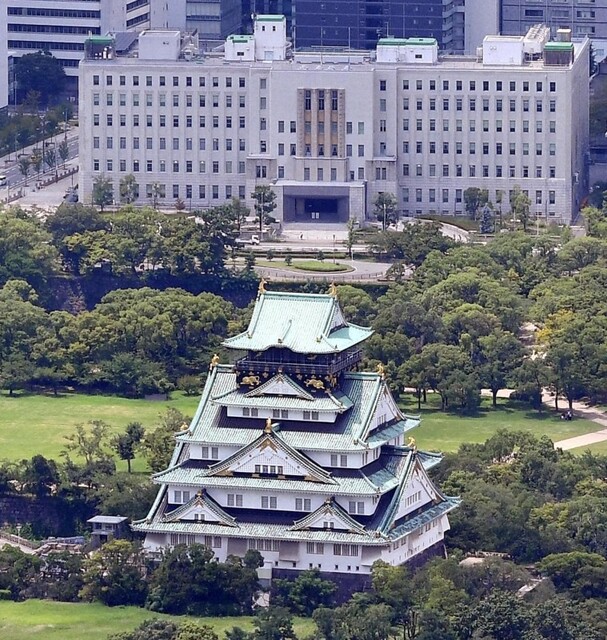The Japanese government has reinvigorated debates on designating a "second capital" to diminish the concentration of political functions in Tokyo. The national advisory board has begun deliberations on this topic. This subject is of particular importance as a measure for mitigating the risks posed by natural disasters or pandemic-related events that could paralyze the functioning of the capital. A shift could also balance socio-economic inequalities across regions.
The issue of establishing a "second capital" in Japan is a well-discussed debate within and outside of political circles, reflecting the country's aspiration to decentralize power and mitigate risks associated with over-reliance on Tokyo. This carries significant social value as a potential solution to regional disparities and the issue of overcrowded cities.
In contrast, cities in the US or EU don't have such concentrated political functions due to a more distributed system of governance. The concept of a "second capital" is less relevant in these regions. Both the US and many EU nations maintain a balance of power among multiple cities, so the disruption in one does not lead to the paralysis of the entire governance system.

